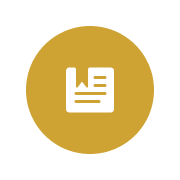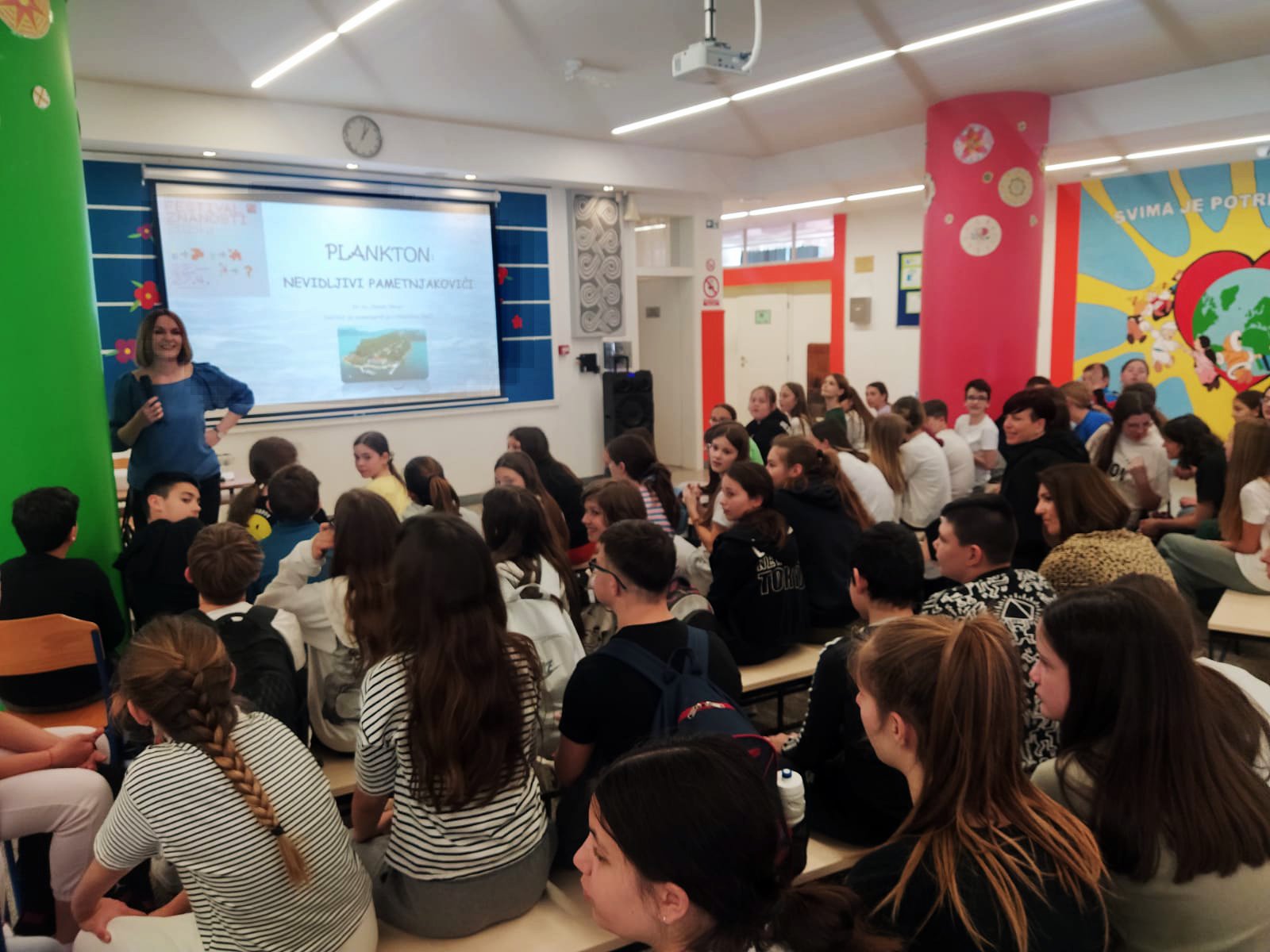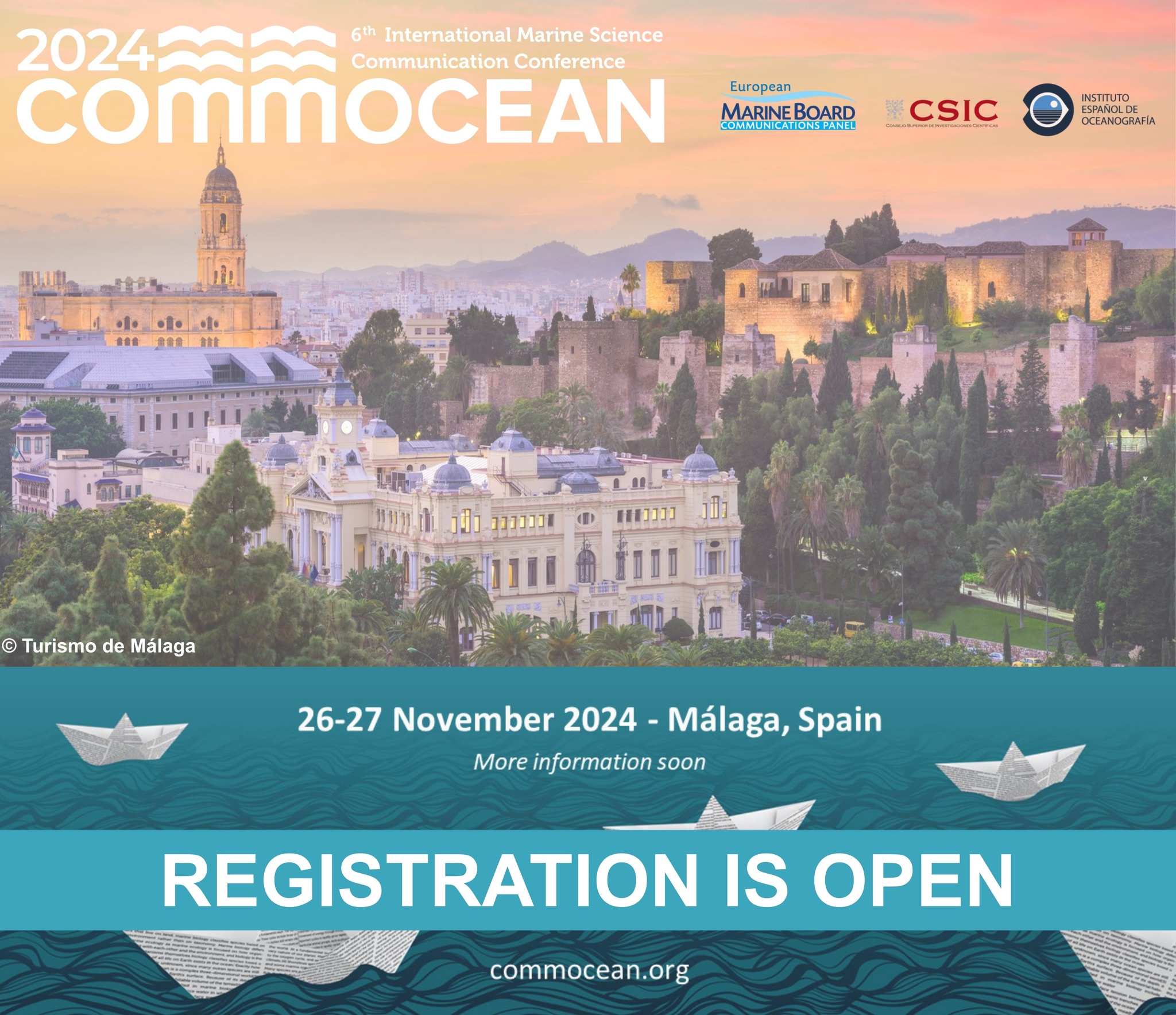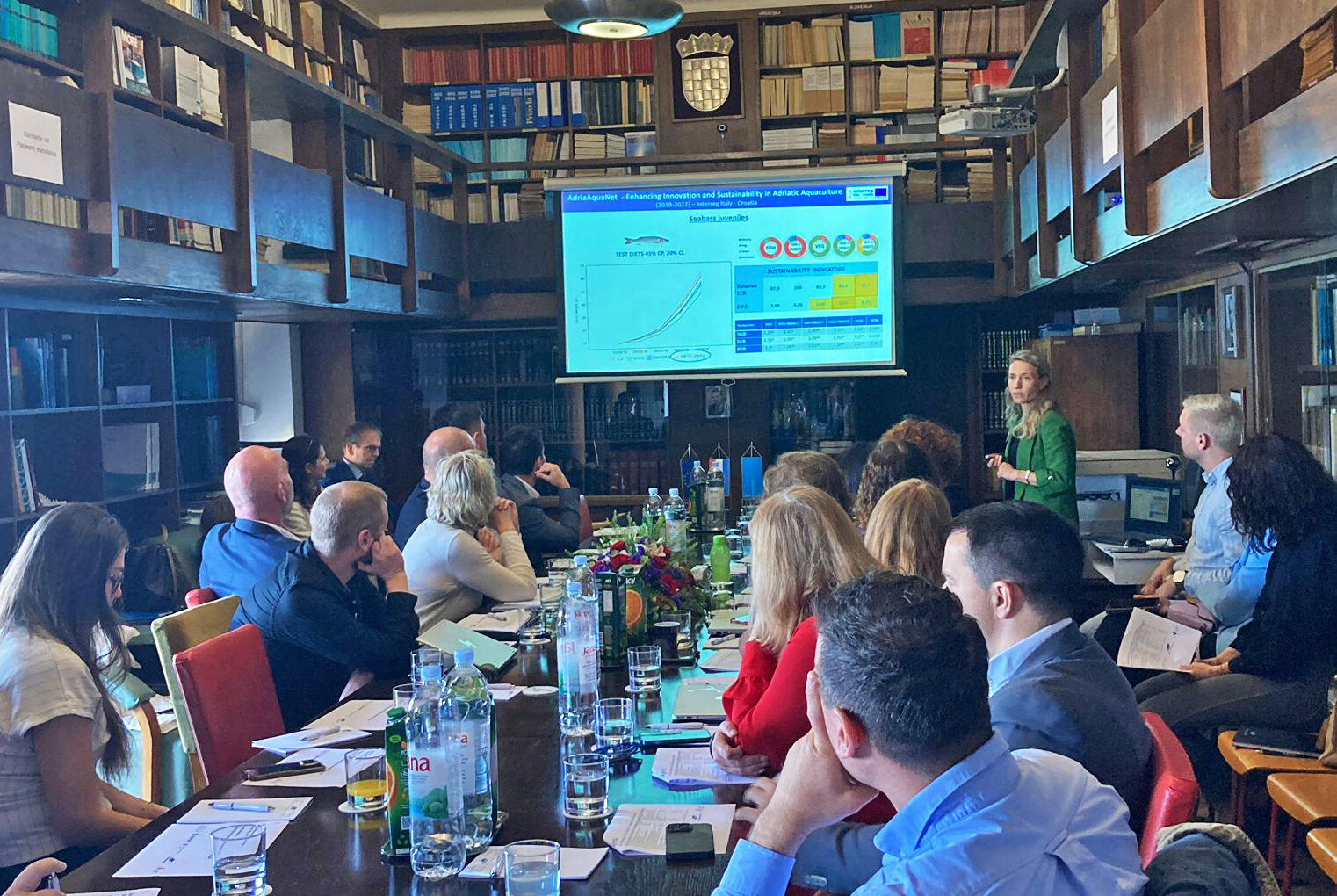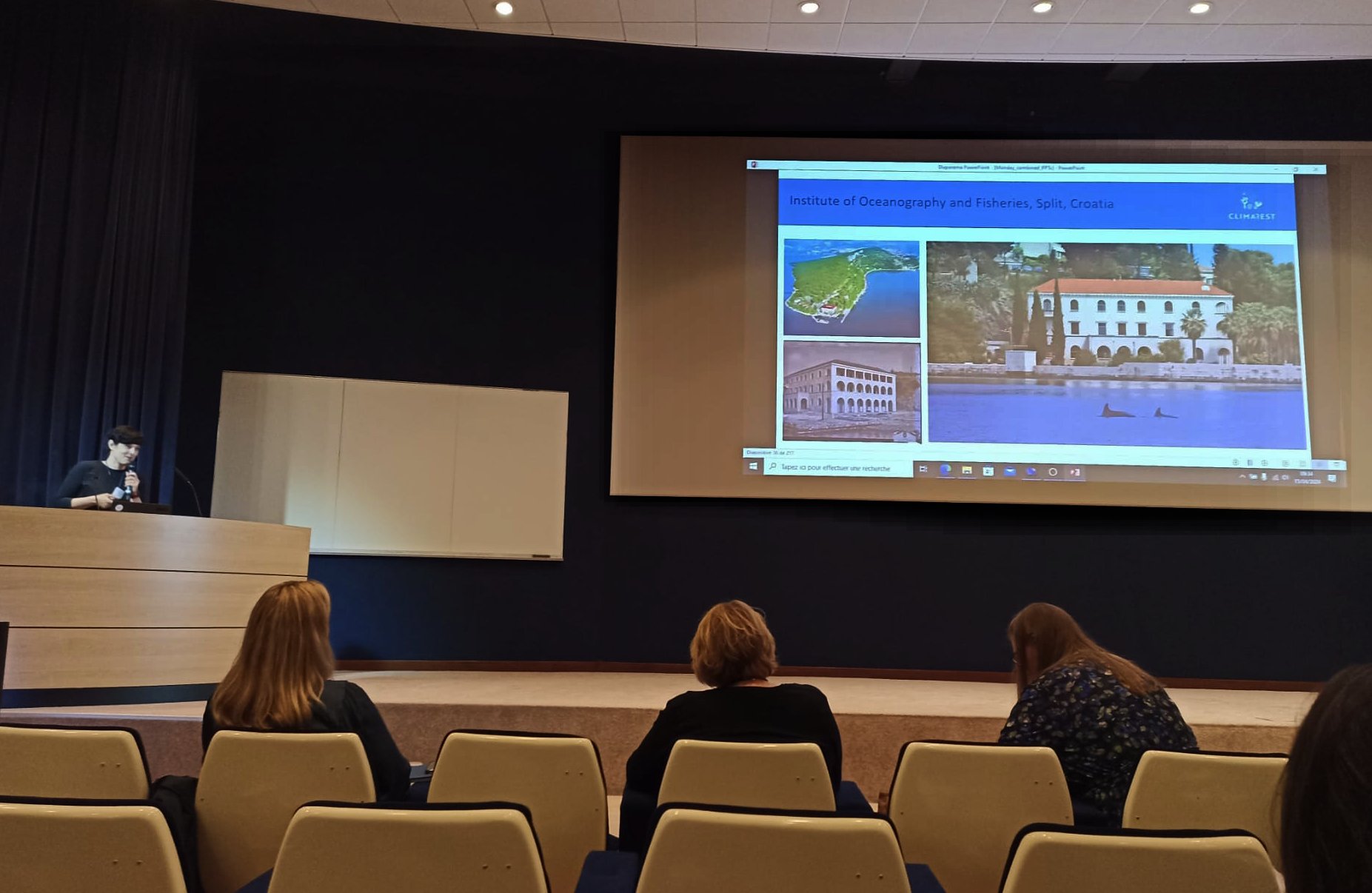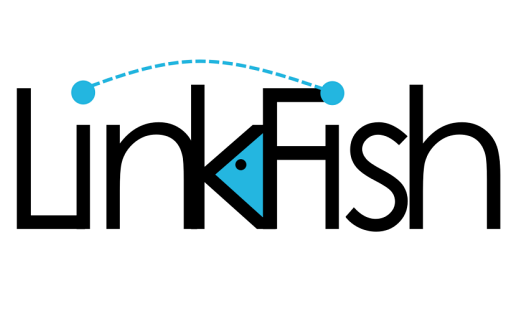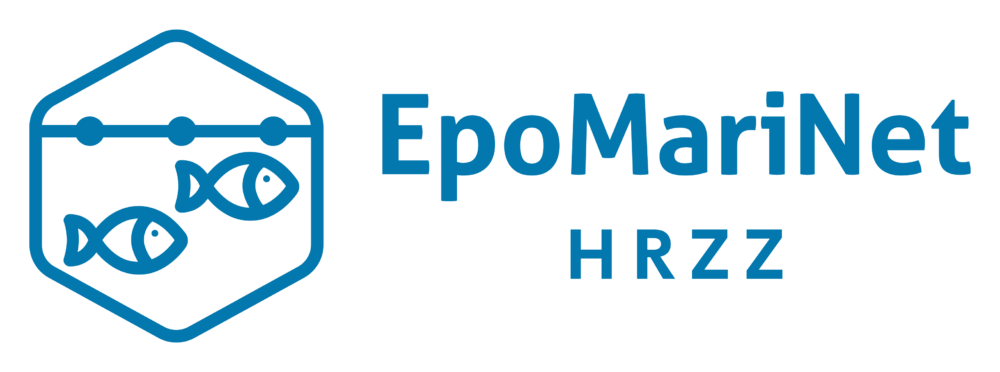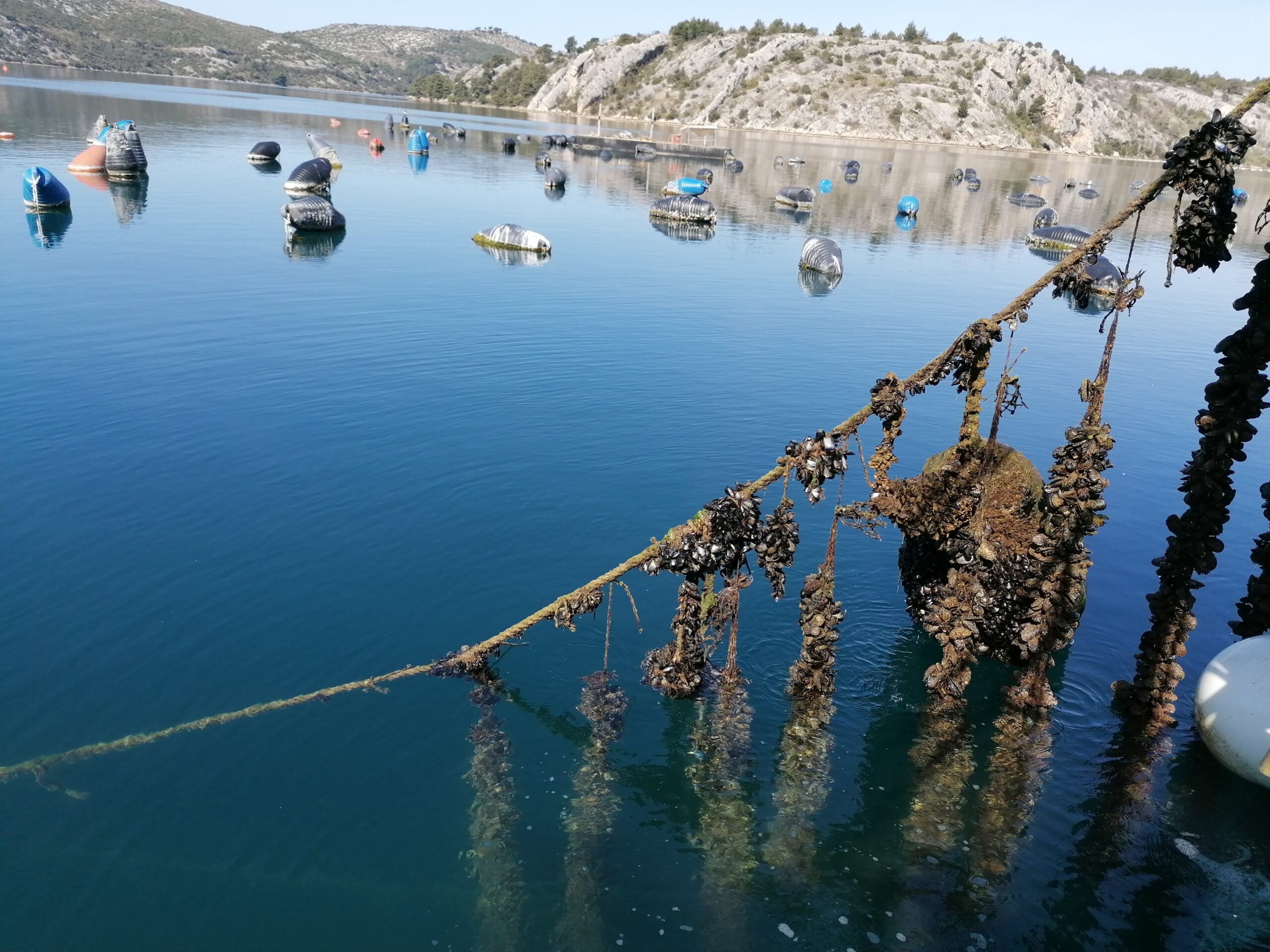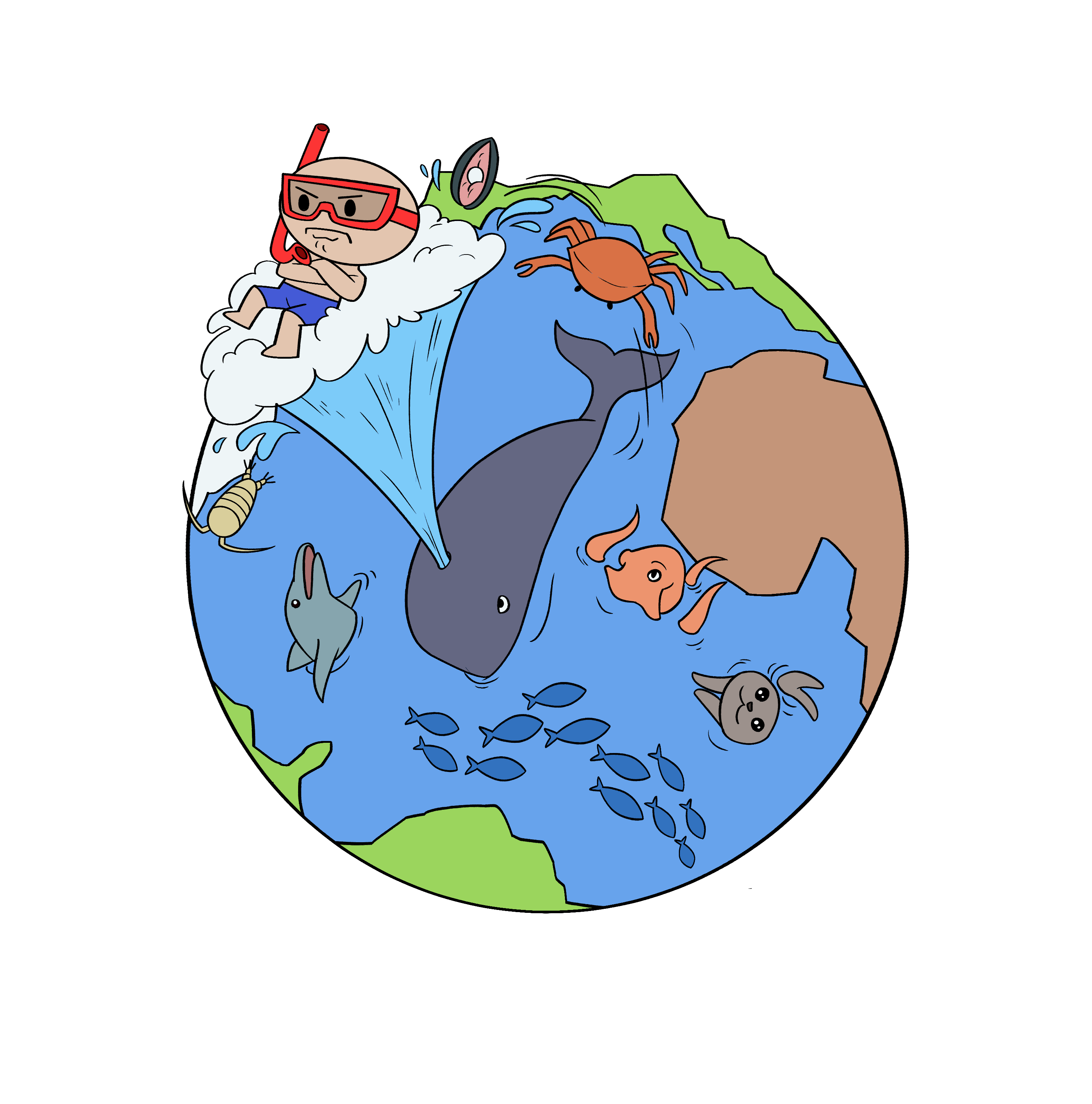Institut za
oceanografiju i ribarstvo
More ima ključnu ulogu regulatora klime i ublažavanja štetnih učinaka klimatskih promjena.
26.04.24 06:15
10.8
°C
TEMPERATURA ZRAKA
71
%
VLAŽNOST ZRAKA
9
W/m2
SUNČEVO ZRAČENJE
91
° (I)
SMJER VJETRA
0
MED
UV ZRAČENJE
1.3
m/s
BRZINA VJETRA
1012.3
hPa
TLAK ZRAKA
Novosti
Prva nacionalna znanstveno-istraživačka institucija koja se bavi istraživanjem mora.
Institut provodi znanstvena istraživanja iz područja biološke, kemijske i fizičke oceanografije, sedimentologije, te ribarstvene biologije i marikulture.
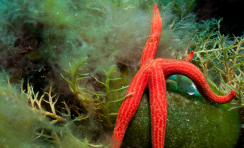
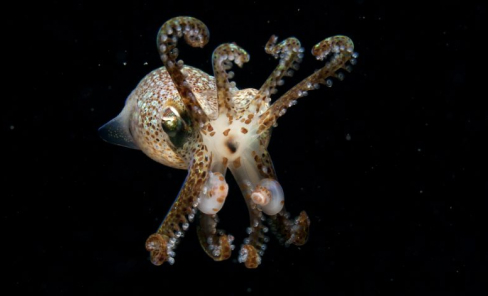
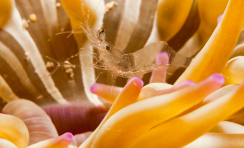
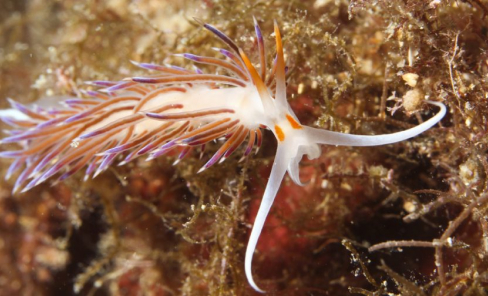
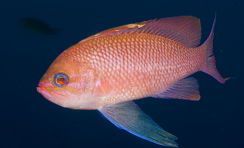
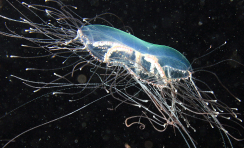
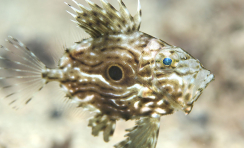
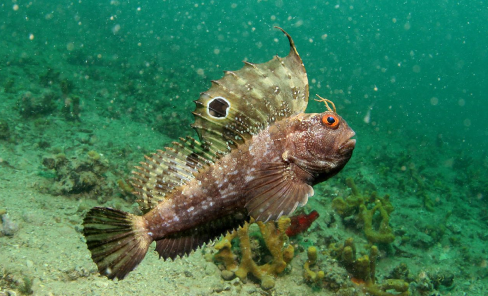
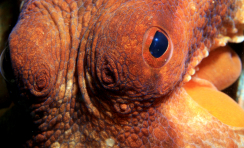
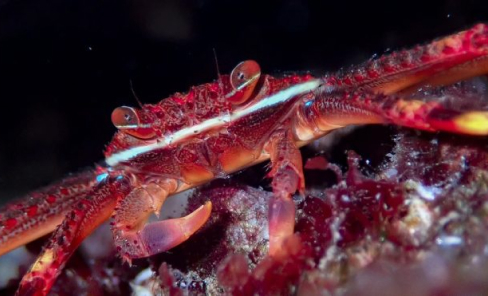
Sudjelujte u istraživanju
Želite biti aktivni članovi zajednice i surađivati s nama? Podijelite svoja otkrića i fotografije zanimljivih morskih organizama i pojava.
Projekti
Institut provodi veliki broj nacionalnih i međunarodnih projekata.
